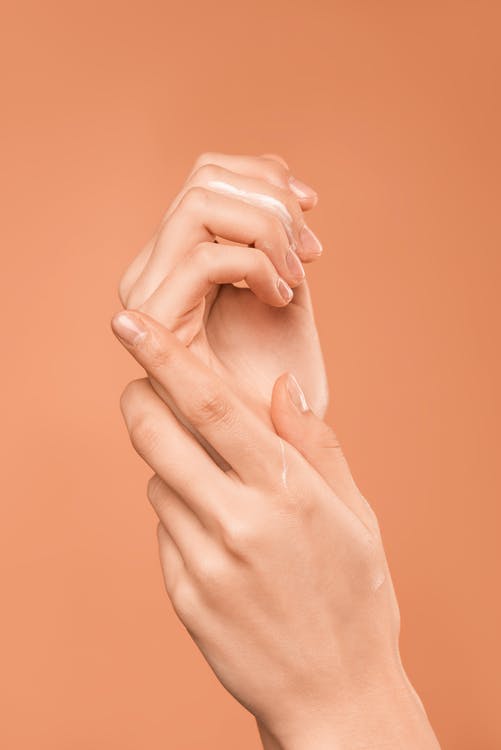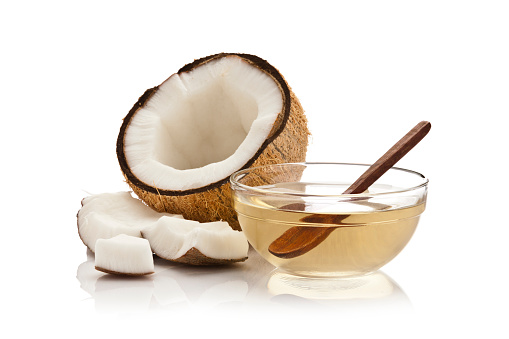Using Jojoba oil vs shea butter for one’s skin and hair is a common question. People tend to ask which is better or which contains more beneficial oils? This article aims to help you make the best choice.
Below, we will be explaining in detail, everything we know on Jojoba oil vs shea butter for you to effectively compare the two oils.
Contents
- 1 What is Jojoba Oil?
- 2 What is Shea butter?
- 3 Jojoba Oil Vs Shea Butter: Main Differences
- 4 Can I Use Jojoba Oil And Shea Butter Together?
- 5 Jojoba Oil Vs Shea Butter For Face
- 6 Jojoba Oil Vs Shea Butter For Skin
- 7 Jojoba Oil Vs Shea Butter For Hair
- 8 Jojoba Oil Vs Shea Butter For Moisturizing
- 9 Jojoba Oil Vs Shea Butter – Conclusion
What is Jojoba Oil?
Commonly known as Jojoba, jojoba esters or simply just jojoba is a waxy, golden-brown liquid that comes from the seed of Simmondsia Chinensis plant, which is a shrub found mainly in America and Mexico.
This plant is a close relative of seabuckthorn. Jojoba oil is used extensively as a substitute to whale oil, which was commonly used in cosmetics, however it’s now replaced by jojoba due to whales’ endangerment.
The oil is known to penetrate deeply into the skin due to its molecular structure being similar to sebum, which is a waxy substance secreted from our sebaceous glands. This gives it an edge over other oils as it doesn’t leave behind a greasy finish, making it perfect for your daily moisturiser.
What is Shea butter?
Shea butter, formally known as Butyrospermum parkii, is a very thick cream that comes from the nut of the Karite tree which is found in Northern regions of Africa. The butter contains high amounts of fatty acids and has been used extensively to treat conditions such as eczema.
Shea butters’ composition makes it an ideal moisturiser for dry skin types. This luxury butter absorbs well into your skin without leaving you with a greasy finish. It’s also rich in vitamins A and E, which are responsible for keeping our skin healthy and young looking .
Jojoba Oil Vs Shea Butter: Main Differences
Both jojoba oil vs shea butter have their own list of benefits, the key difference being that jojoba oil doesn’t leave your skin with a greasy feel, making it perfect for daily moisturising, whereas shea butter is great at penetrating deep into the skin to tackle dryness.
Jojoba oil has been used in the cosmetics industry as a substitute for whale oil which was widely popular in previous years however since whales are now classified as an endangered species , this has caused the cosmetic industry to turn its back on using whale oil and use jojoba instead due to similarities between jojoba and sebum -the oily substance secreted from our skin glands .
Shea butter has also been known to help relieve dry skin conditions such as eczema due to its high concentration of fatty acids (omega 9). Shea butter is produced from the nuts of Karite trees, which are found in regions such as West and Central Africa where the climate is dry.
Below, we are talking about some major aspects of these Jojoba oil vs shea butter to help you differentiate between these better:
1. Texture And Feel
Shea butter is a very thick cream that melts when applied to the skin, whereas Jojoba oil has a more oily feel when applied.
This means that shea butter will leave your skin feeling sticky when it’s not completely absorbed into the skin, however jojoba oil will absorb into the skin leaving it with a non-greasy finish – thanks to its ability to mimic human sebum!
Related Video – What’s Better For Wrinkles: Jojoba Or Shea Butter?
2. Odor And Taste
Jojoba oil is odorless and tasteless, which is perfect if you are looking for an oil to use in your cooking.
Shea butter on the other hand has a very strong nutty smell due to its rich content of fatty acids . This makes it not suitable for cooking with, but great as a skin moisturiser or body butter.
3. Longevity Of The Oil
Another advantage jojoba oil has over shea butter is that it doesn’t go rancid easily since it’s stable at room temperature whereas shea butter will go bad within 2 years of opening it.
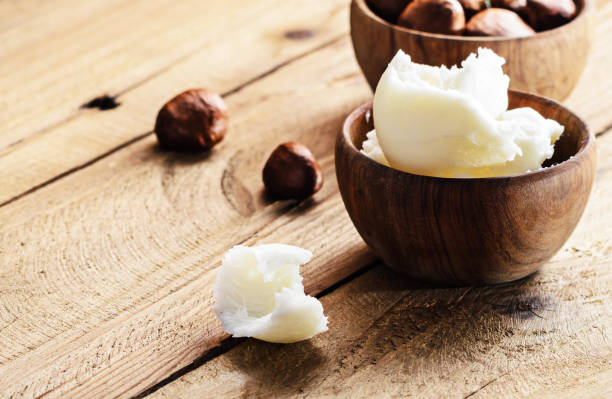
4. Anti-microbial Properties
The reason jojoba oil is being used as a substitute to whale oil in the cosmetics industry is due to its molecular structure being similar to sebum, which means it penetrates deeper into your skin than other oils. This makes it perfect for daily moisturising!
Shea butter has been known to have anti-microbial properties, so can be great at cleansing your face from impurities and clearing up those annoying acne breakouts .
5. Fatty Acids Concentration
Shea butter contains high concentrations of fatty acids such as oleic acid and stearic acid which are responsible for keeping your skin healthy and young looking .
Jojoba oil also contains these two fatty acids however they both contain different compositions (Shea butter has a higher concentration of oleic acid compared to stearic acid, meanwhile jojoba oil contains higher levels of stearic acid).
Can I Use Jojoba Oil And Shea Butter Together?
Yes!
Both jojoba oil and shea butter have their own list of benefits, so it’s fine to use them together. You can even add some lavender essential oils into your jojoba/shea mixture for a relaxing effect!
Recipe: DIY Shea Butter And Jojoba Oil Mixture
Ingredients: 10 grams of shea butter, 10 grams of jojoba oil and 2 drops of lavender essential oils (optional).
Let’s Get Started: First mix your jojoba oil and shea butter in a microwaveable bowl (using the double boiler method) and then add in your two drops of lavender essential oils. Place it into the microwave for half a minute and stir it well. Make sure your mixture is at a smooth consistency before using it as a moisturiser.
Notes: When you first combine jojoba oil and shea butter, they will separate as the heat from the microwave is introduced; however this is totally fine since separation occurs due to their different molecular structures (jojoba oil is liquid at warm temperatures and shea butter is solid).
You can experiment with different quantities of these two ingredients to find which one suits you best!
Please do not use this mixture as a substitute for cooking since it’s not edible. It needs to be stored in a cool area, so if you don’t have a fridge put it in the garage or somewhere which is not heated.
Jojoba Oil Vs Shea Butter For Face
Both jojoba oil and shea butter are amazing oils, so it’s really up to you which one you prefer.
Jojoba oil is great for moisturising the skin on your face every day since it absorbs quickly into the skin, leaving it soft and hydrated. Shea butter is also great for moisturising the skin on your face.
Shea butter is thicker than jojoba oil and has a richer texture, so if you’re looking for something which will penetrate deeper into the skin than shea butter is a better alternative.
Jojoba Oil Vs Shea Butter For Skin
Both jojoba oil and shea butter are great for moisturising your skin leaving it soft and smooth.
Jojoba oil is also beneficial if you have acne since it penetrates into the skin faster than shea butter, helping to unclog any pores which may be blocked. Shea butter is good for unblocking pores due to its anti-microbial properties so good for acne-prone skin.
Shea butter is also beneficial if you struggle with wrinkles since it contains antioxidants which can help protect your skin from free radicals.
Jojoba oil is effective in reducing wrinkles too, but due to jojoba oil having anti-inflammatory effects, it’s great for reducing redness of the skin.
Jojoba oil is also great for reducing the appearance of scars whilst shea butter has been shown to prevent scarring. To summarise, jojoba oil is great for unblocking pores, reducing wrinkles and the appearance of scars. Shea butter is amazing at moisturising your skin, preventing acne and preventing scarring.
Jojoba Oil Vs Shea Butter For Hair
Both jojoba oil and shea butter are good for your hair and can be used together. Depending on the texture of your hair, you should choose the product from either jojoba oil or shea butter that best suits it.
If your hair is dry, coarse and brittle then you should opt for jojoba oil. If your hair is thin and rough, then you should opt for shea butter. Actually, for all hair types, both jojoba oil and shea butter are great choices!
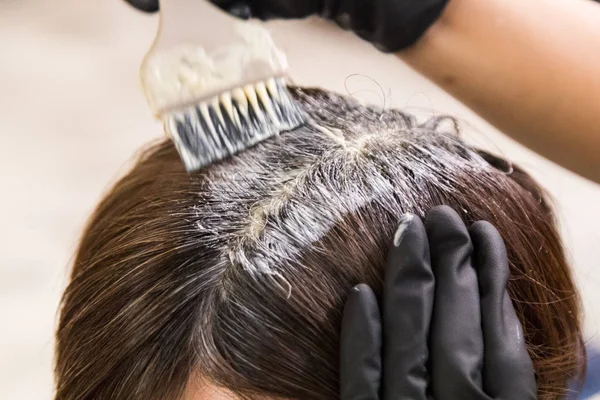
Jojoba Oil Vs Shea Butter For Moisturizing
Both jojoba oil and shea butter are amazing oils for moisturizing your skin!
When deciding which one you should use, it’s important to consider the texture of your skin. If your skin is dry then you should use shea butter since it has a thicker consistency that will absorb into the skin better. However, if your skin is on the oily side, you should use jojoba oil since it’s lighter in texture.
Jojoba Oil Vs Shea Butter – Conclusion
Both jojoba oil and shea butter are amazing oils which can be combined together to form a great moisturiser.
If you’re using them every day, then it’s important that you use both ingredients since they have different properties; shea butter is thicker so makes a good moisturiser and jojoba oil absorbs quickly into the skin, which is great for unblocking pores.
Jojoba oil and shea butter are rich in vitamins A, E and F which help to maintain healthy looking skin . Shea butter also has anti-microbial properties so great for acne-prone skin while jojoba oil reduces the appearance of scars.
![30 Best Jojoba Oil Shampoo [Reviewed] 30 Best Jojoba Oil Shampoo [Reviewed]](https://theoilvirtue.com/wp-content/uploads/2022/02/J·R·LIGGETTS-All-Natural-Shampoo-Bar-Jojoba-And-Peppermint-300x300.jpg)
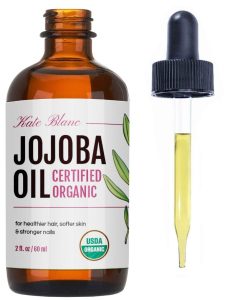
![15 Best Jojoba Oil Body Oil [Reviewed] 15 Best Jojoba Oil Body Oil [Reviewed]](https://theoilvirtue.com/wp-content/uploads/2022/02/Jojoba-Oil-By-Leven-Rose-Pure-Cold-Pressed-Organic-Unrefined-Moisturizer-For-Skin-Hair-Body-Nails-And-Cuticles-300x300.jpg)
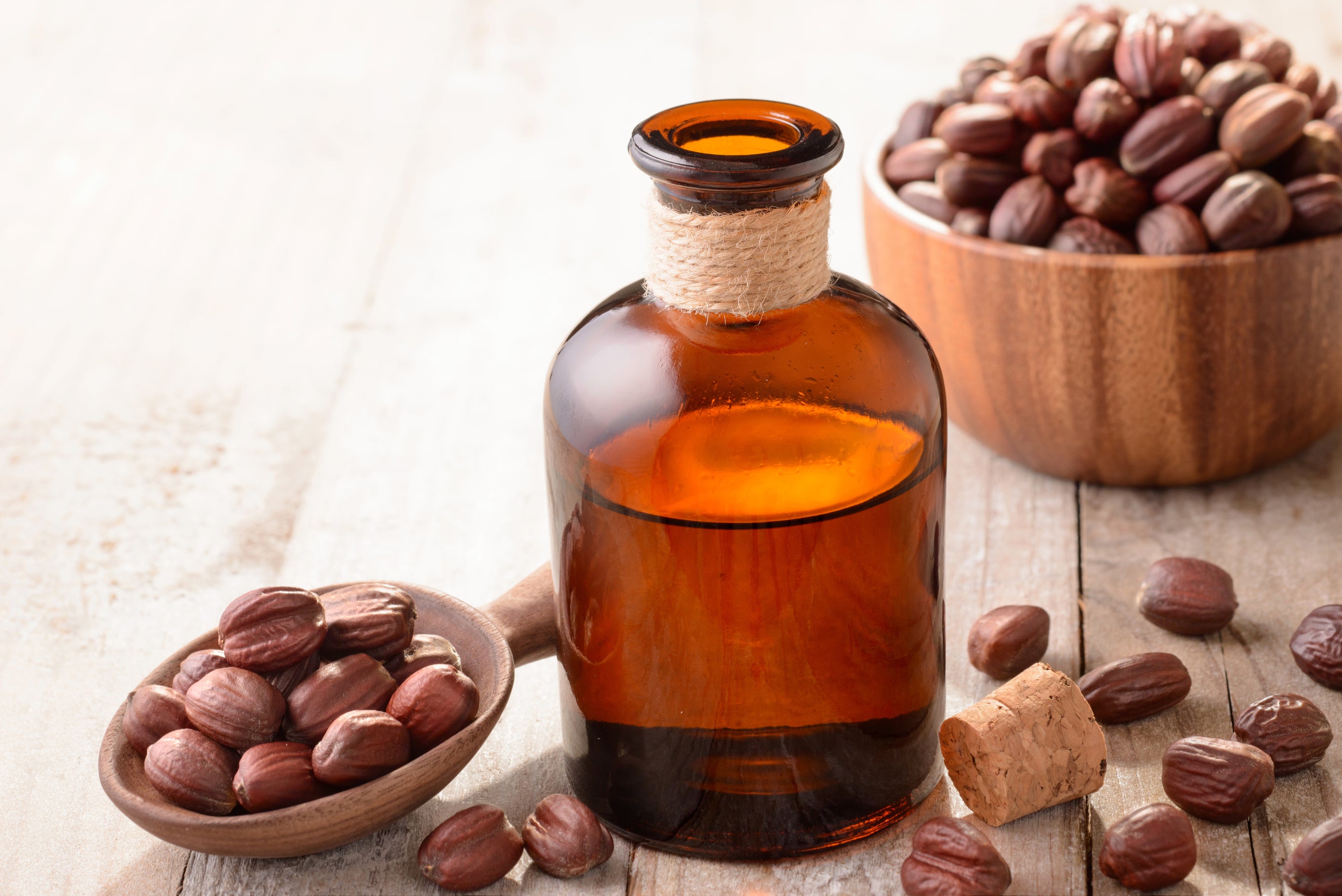
![20 Best Jojoba Oil Shave Oil [Reviewed] 20 Best Jojoba Oil Shave Oil [Reviewed]](https://theoilvirtue.com/wp-content/uploads/2022/02/The-Man-Company-100-Natural-Beard-Oil-For-Men-With-Almond-Oil-Thyme-Argan-And-Jojoba-Oil-300x300.jpg)
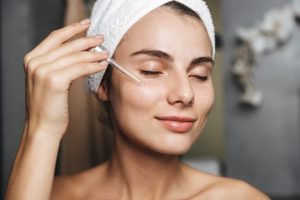
![10 Best Jojoba Oil Gallon [Reviewed] 10 Best Jojoba Oil Gallon [Reviewed]](https://theoilvirtue.com/wp-content/uploads/2022/02/Cliganic-Jojoba-Oil-Non-GMO-Bulk-Gallon-128oz-100-Pure-Natural-Cold-Pressed-Unrefined-Hexane-Free-Oil-For-Hair-Face-167x300.jpg)
![15 Best Jojoba Oil Hair Oil [REVIEWED] 15 Best Jojoba Oil Hair Oil [REVIEWED]](https://theoilvirtue.com/wp-content/uploads/2022/02/Cliganic-USDA-Organic-Jojoba-Oil-100-Pure-Natural-Cold-Pressed-Unrefined-Hexane-Free-Oil-For-Hair-Face-243x300.jpg)
![12 Best Jojoba Carrier Oils [REVIEWED] 12 Best Jojoba Carrier Oils [REVIEWED]](https://theoilvirtue.com/wp-content/uploads/2022/02/Cliganic-USDA-Organic-Jojoba-Oil-100-Pure-Natural-Cold-Pressed-Unrefined-Hexane-Free-Oil-For-Hair-Face-Base-Carrier-Oil-244x300.jpg)



![18 Best Jojoba Oil Soap [Reviewed] 18 Best Jojoba Oil Soap [Reviewed]](https://theoilvirtue.com/wp-content/uploads/2022/02/Cove-Castile-Soap-Unscented-Organic-Argan-Jojoba-And-Hemp-Oils-228x300.jpg)
